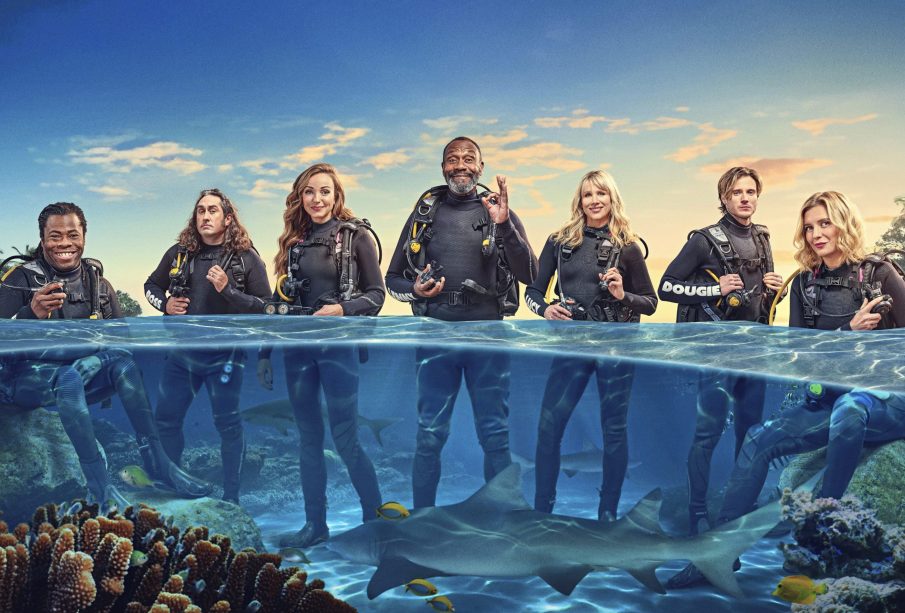The Fascinating World of Celebrity Sharks

Introduction
The concept of a “celebrity shark” has gained significant traction in recent years, blending the worlds of marine biology and popular culture. These iconic marine creatures, often featured in documentaries and social media, not only capture the public’s interest but also play a crucial role in raising awareness about ocean conservation. As climate change and human activity threaten marine ecosystems, celebrity sharks serve as ambassadors for their species and highlight the urgent need for environmental protection.
The Rise of Celebrity Sharks
Recently, several sharks have gained fame beyond their natural habitats. Notable examples include “Megan the Shark,” who became an internet sensation in 2021 due to her distinctive markings and frequent surfacing in popular locations off the coast of Florida. Similarly, “Juan the Shark,” monitored by researchers on a tracking expedition, captured public attention when his migration patterns were linked to marine sanctuary regions, promoting sustainable fisheries.
In addition to their individual stories, celebrity sharks have been featured in various media campaigns and television shows. Shows like “Shark Week” on Discovery Channel attract millions of viewers each year, showcasing not just thrilling encounters but also the importance of understanding these often-misunderstood creatures. This has led to a rise in interest in marine sciences and conservation efforts among the youth, effectively turning sharks into symbols for preservation and education.
Impact on Conservation Efforts
The connection between celebrity sharks and conservation is not merely coincidental. With a growing number of people following these sharks’ journeys on social media platforms, organisations are leveraging this fascination to raise funds and awareness for marine protection initiatives. Non-profits like Oceana and the Shark Trust have used celebrity sharks in their campaigns to highlight the need for habitat protection and public policy changes concerning fishing regulations.
In conjunction with this, researchers emphasise the necessity of studying these shark species and their behavior; understanding their roles in the marine ecosystem can lead to more informed conservation strategies. Scientists argue that with the attention celebrity sharks bring, there is hope for increased research funding and a more significant commitment to environmental stewardship amongst fans and followers.
Conclusion
The phenomenon of celebrity sharks illustrates the power of pop culture in influencing public perception and action regarding environmental issues. By educative storytelling and engaging the public through social media, these notable sea creatures not only entertain but also advocate for their species’ survival. As we move forward, it is essential for conservationists, scientists, and media creators to collaborate, ensuring that the charm of celebrity sharks translates into tangible benefits for our oceans. This new cultural fascination holds salvation not just for sharks but for the broader marine ecosystems that depend on sustainable practices.








